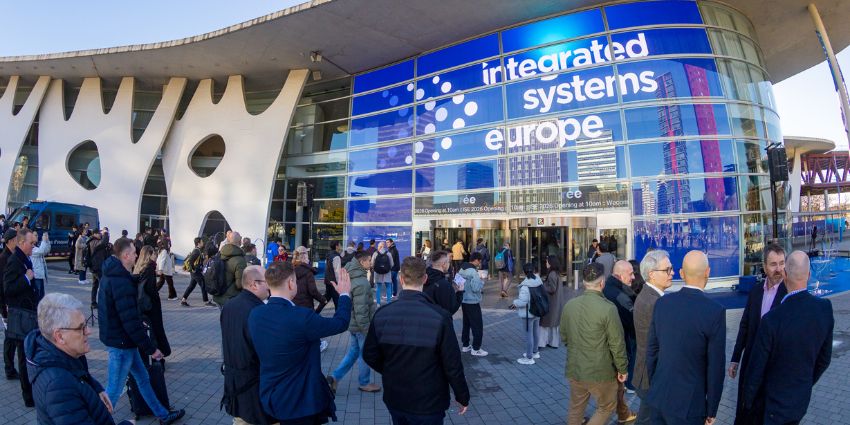It’s clear that the working world remains in a state of flux in the post-pandemic era.
On the one hand, the shift to remote work and the rapid rollout of communications platforms such as Zoom and MS Teams has proven that home workers, when supported by the right technology, can be as productive as their office-based counterparts.
On the other, questions continue to hang over what ‘hybrid work’ really looks like, and by extension what technology will be needed to facilitate it in the years ahead.
To find out more about what lies on the horizon for communications technology, we spoke to Dave Michels, Principal Analyst and Founder of Talkingpointz, a research, communications and thought leadership provider for the enterprise communications industry.
Where We Work
For Michels, communications technologies will be vital if businesses are going to get the most out of the shift to remote work.
“We now know that we can be productive remotely, but at the cost of camaraderie and culture propagation,” notes Michels. “During the pandemic we nailed meetings, but we haven’t mastered serendipitous communications, relationship building, mentoring and more.”
Michels adds that overcoming these obstacles will require experimentation around hybrid work, including the rollout of new hotdesking technologies, new social networks and refreshed thinking for webinars and events.
“The answer will take many years to complete, and for most of us it’s about replacing a how-to-work mental manual developed over a lifetime,” he adds. “There’s a lot of reimagining to be done.”
Slow Steps Forward with AI
It’s difficult to have a conversation about the future of communications technology, or the future of any technology for that matter, without straying onto the topic of AI.
For Michels, while much of the hype seen around AI so far this year has been slightly overblown. “On the one hand, AI technologies have never been more powerful, but on the other, they’ll never be as dumb as they are now. AI is far more incremental than many realize,” he notes.
“That said, it’s remarkable how much AI has improved communications incrementally – look at meetings, which are much better now because of auto-framing, virtual backgrounds, better audio and more.”
On the subject of contact centers, Michels notes that “there’s been a significant gap between contact center (CC) sellers and CC buyers, with the vendors selling excellent customer service, but CC buyers looking for cost savings.”
“AI is aligning these groups, and enables modern solutions to offer both excellent customer service as well as cost reductions through automation and self-service.”
Michels notes that while this alignment is incredibly valuable, it may take some time before AI systems reach their full potential. “Generative AI provides far more natural human-machine interactions than before, but giving these machines access to the systems and data they require to truly solve problems will take some time.”
“Contact centers will embrace AI faster than other aspects of enterprise communications, but the initial impacts will be more incremental than many currently expect.”
Learn more about what lies ahead for communications platforms at UCX Europe in London, 4-5 October. Click here to register.
Dave Michels is the Principal Analyst and Founder of Talkingpointz. He publishes the TalkingPointz Insider Report, an industry newsletter that provides updates and insights on current news and developments.







